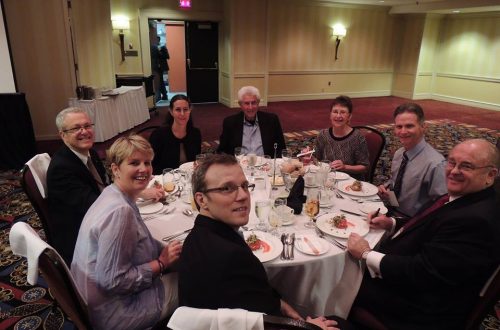
Seeing the World Through Realism and Beyond: An Exploration of Perspectives
Realism as an artistic movement may have originated in the mid-19th century, but its relevance to our understanding of the world remains pertinent today. Realism emphasized the representation of the world as it is, focusing on everyday life and social issues that were often considered immoral or unsuitable by bourgeois tastes. Artists like Gustav Courbet challenged the conventional norms and offered their vision, often including emotional and social commentary.

Supporters of Realism claimed that the artist should represent the world as it was. And that regularly went against the ‘rules of good taste’. It was often considered immoral.
Courbet’s manifesto ‘La Réalisme’ states that art should be guided by the artist’s vision and at the expense of “suitable” or “unsuitable” subjects. With this, she wanted to free herself from the ‘bourgeois’ taste. The result was that their work was intensely focused on the subject of their artistic expression but also on the emotional and social meaning they gave it.
The world as it is. Which world is that?
Realists believed that art should represent the world as it was, regardless of whether it was immoral or suitable. They focused on practical subject matters, such as the lives of the working class, city streets, and popular entertainment.

Painfully accurate and more drawing than painting, Siet Zuyderland registered 16 prisons. He stayed there for an average of 4 days, calculated 64 days: the prison sentence for pickpocketing, Zuyderland himself stated sardonically. He often added funny elements, such as the two spies and mirrors with which you can see above the street. Their function seems nonsensical: the middle window is extra barricaded. For example, the useless mirrors provide a wry commentary on the prison system. (source: Museum MORE)
Objectivity?
In our current society, many individuals and groups seem to oppose something or someone, such as the government, the elite, or science. Some politicians claim to advocate for the “ordinary” person, promoting a form of realism for the times.
However, is objectivity genuinely achievable? Pursuing objectivity often entails disregarding emotions, ideas, norms, values, and intuitions. Alternatively, it is possible to leverage these aspects to think and act differently by shifting one’s perspective. For instance, altering how you perceive yourself can transform your behavior.
Listen
One effective way to broaden your perspectives is by listening to others and considering their viewpoints. This can expose you to ideas and perspectives you may not have encountered otherwise, even if you disagree. This can help you become more receptive to novel ideas and see the world in a new light.
Schilderij: Zes vlakgommen van Lode Pemmelaar te zien in museum MORE




